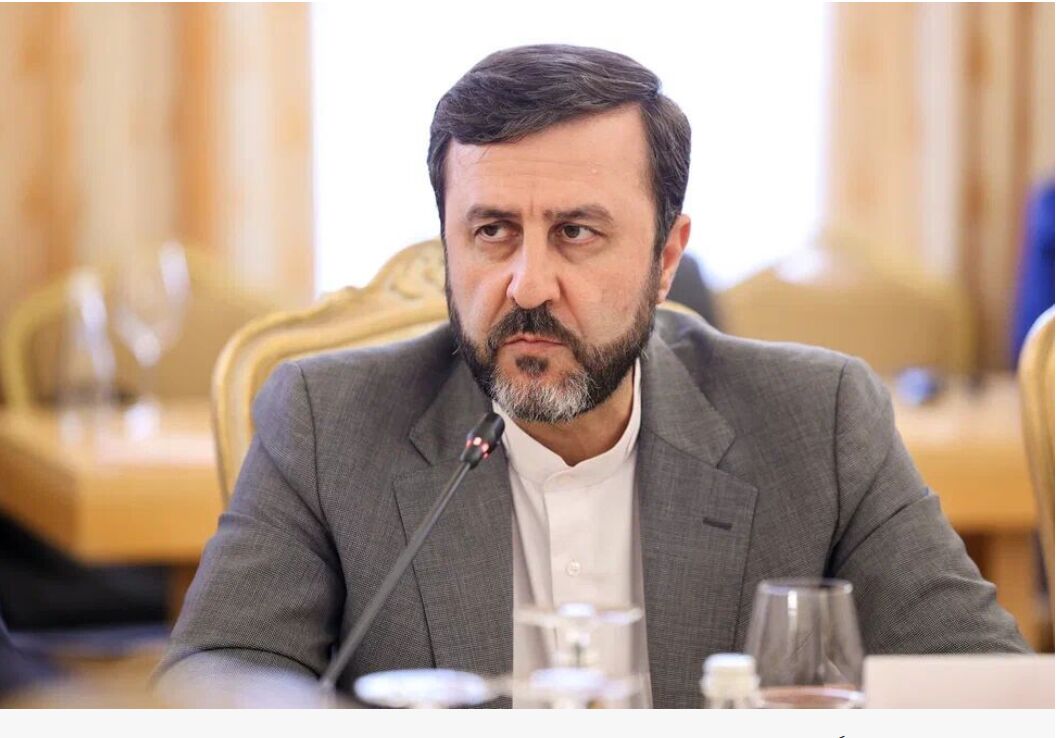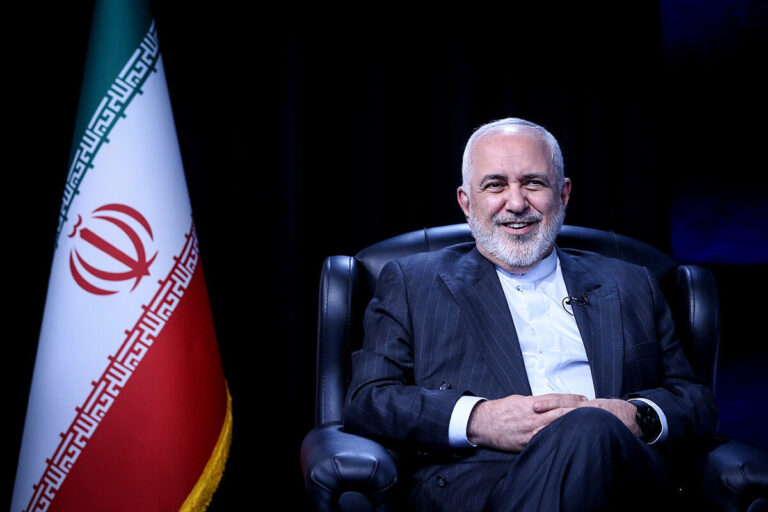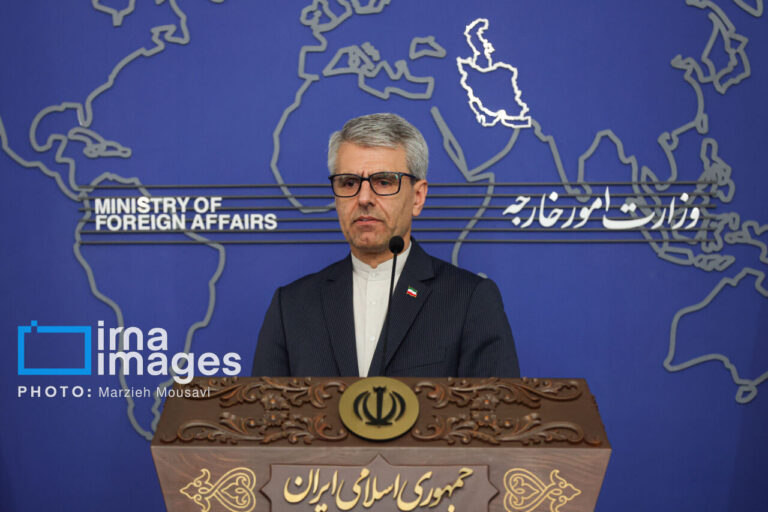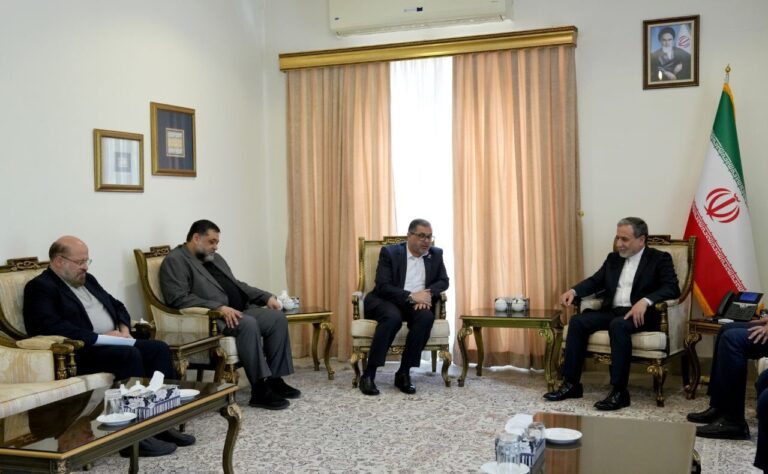Sanctions Impacting Access to Essential Medical Care, Warns Deputy Foreign Minister
The impact of the United States’ sanctions on Iran has significantly hindered access to essential medical equipment and treatments, according to the deputy foreign minister for legal and international affairs, Kazem Gharibabadi. These sanctions, part of the controversial “maximum pressure” policy, have raised serious concerns about the violation of human rights in Iran, particularly the right to health.
At a recent conference titled Unilateral Sanctions and Access to Justice at National, Regional, and International Levels, Gharibabadi provided insights into how these sanctions have affected the Iranian population:
- The sanctions have severely restricted access to critical medical and health supplies.
- Patients, especially those suffering from cancer and other chronic illnesses, are unable to obtain necessary treatments.
- International banks’ refusal to conduct transactions with Iran has exacerbated the situation, leading to what he termed “collective destruction.”
Gharibabadi emphasized Iran’s commitment to peace and multilateralism, arguing that unilateral punitive measures often fail to achieve their intended political and security objectives. Instead, they:
- Harm national economies.
- Negatively impact the livelihoods of ordinary people.
- Undermine the fundamental rights of the citizens.
In conclusion, it is clear that the sanctions imposed on Iran not only threaten the nation’s health infrastructure but also represent a broader issue of human rights violations that need to be addressed on international platforms.






